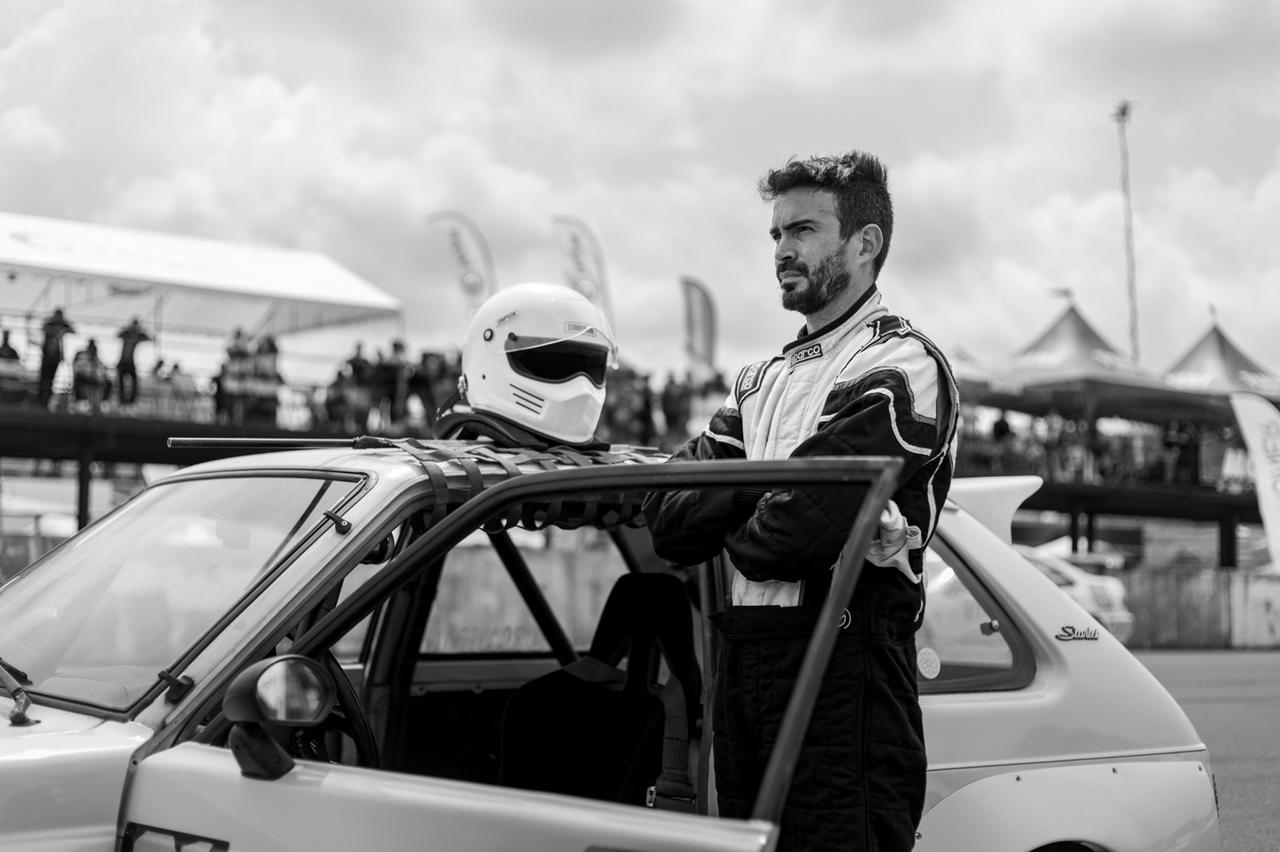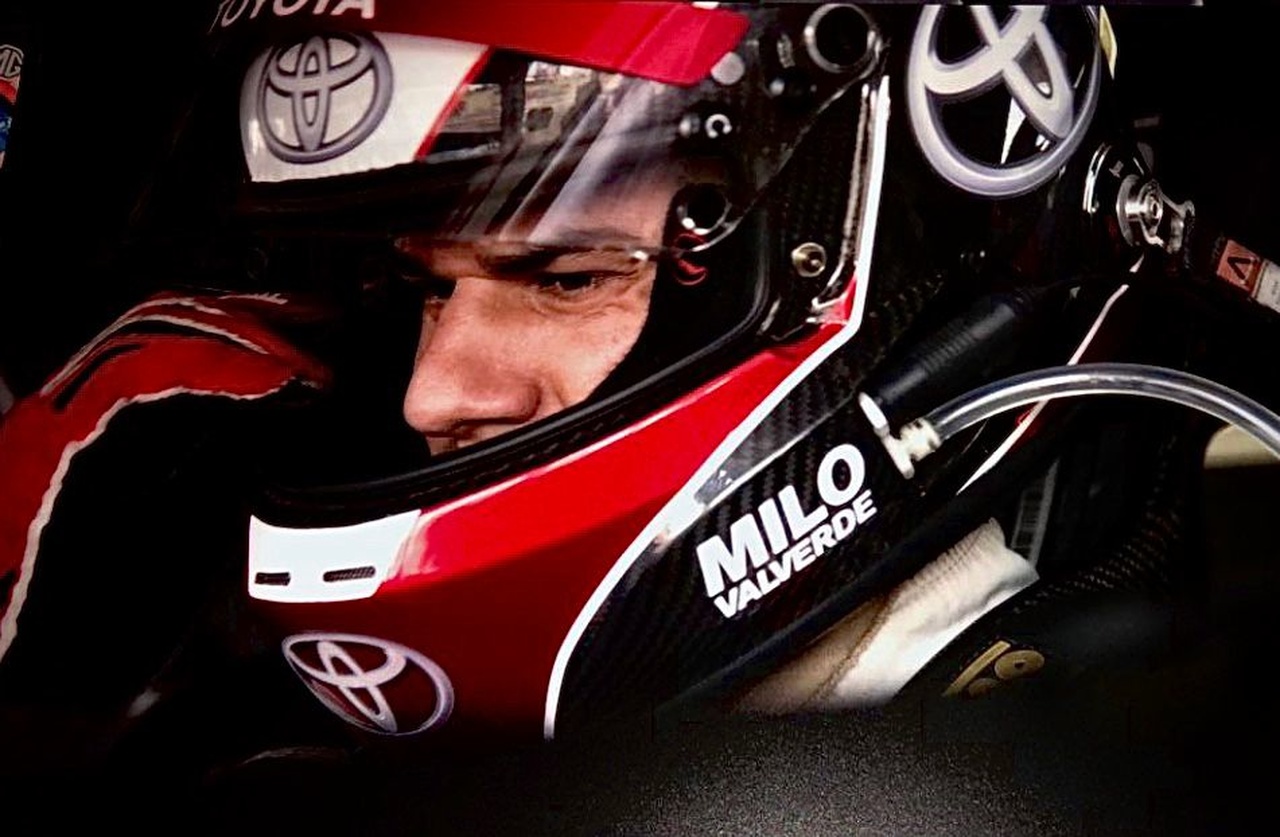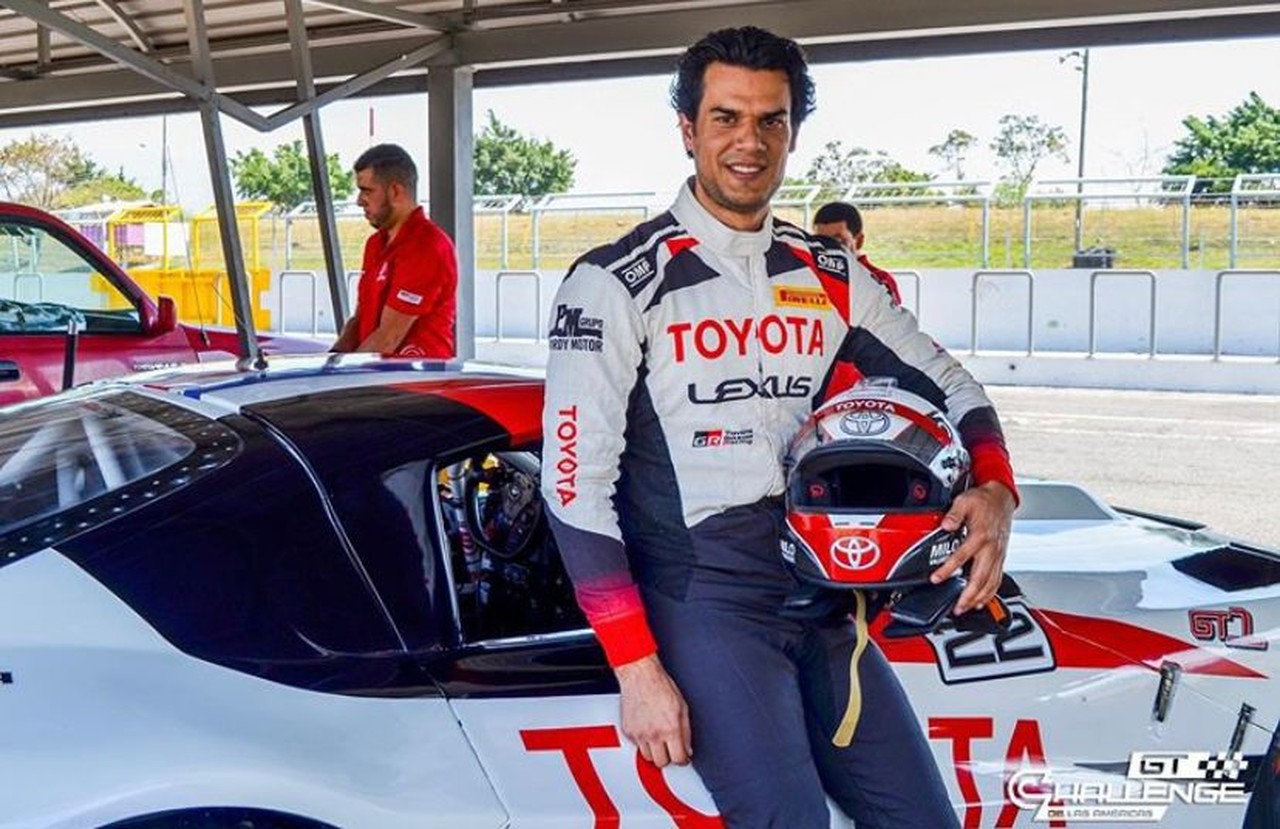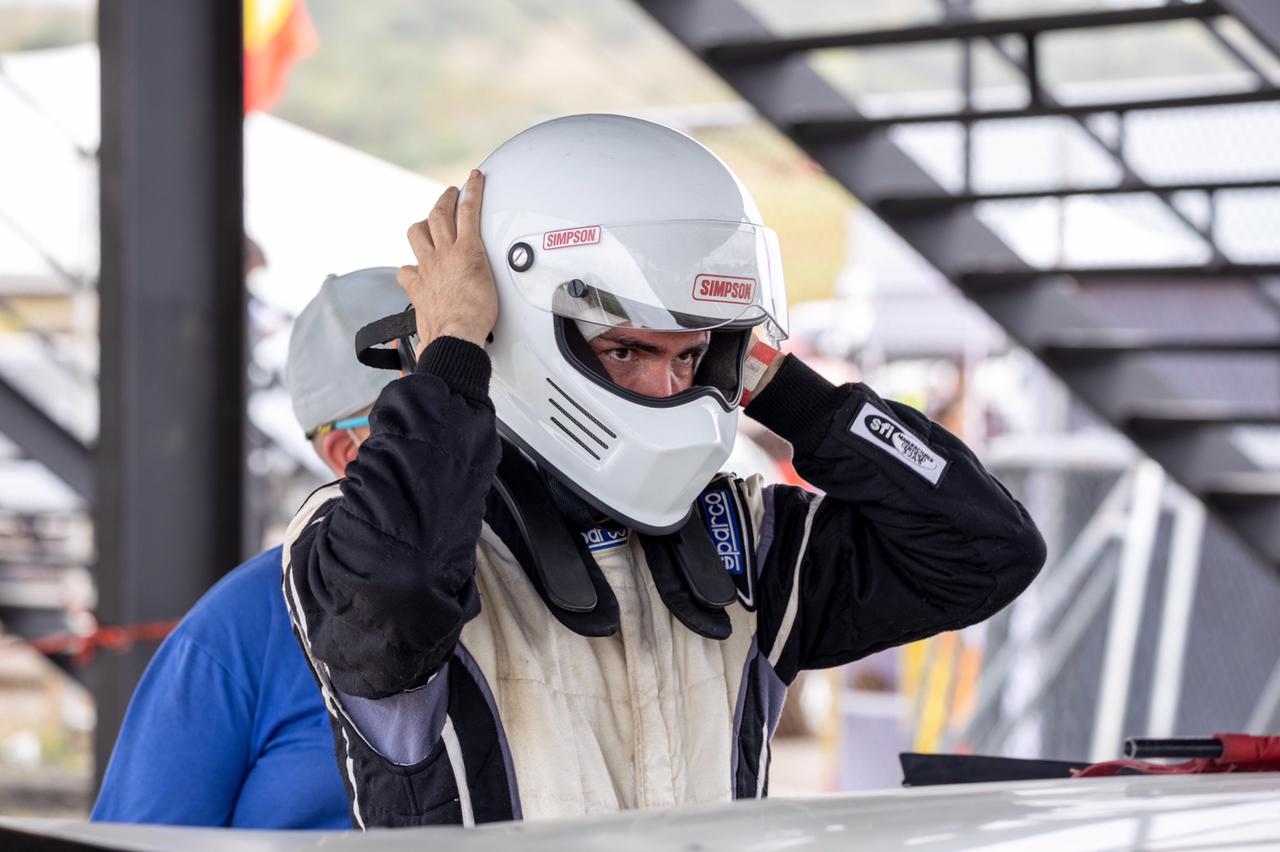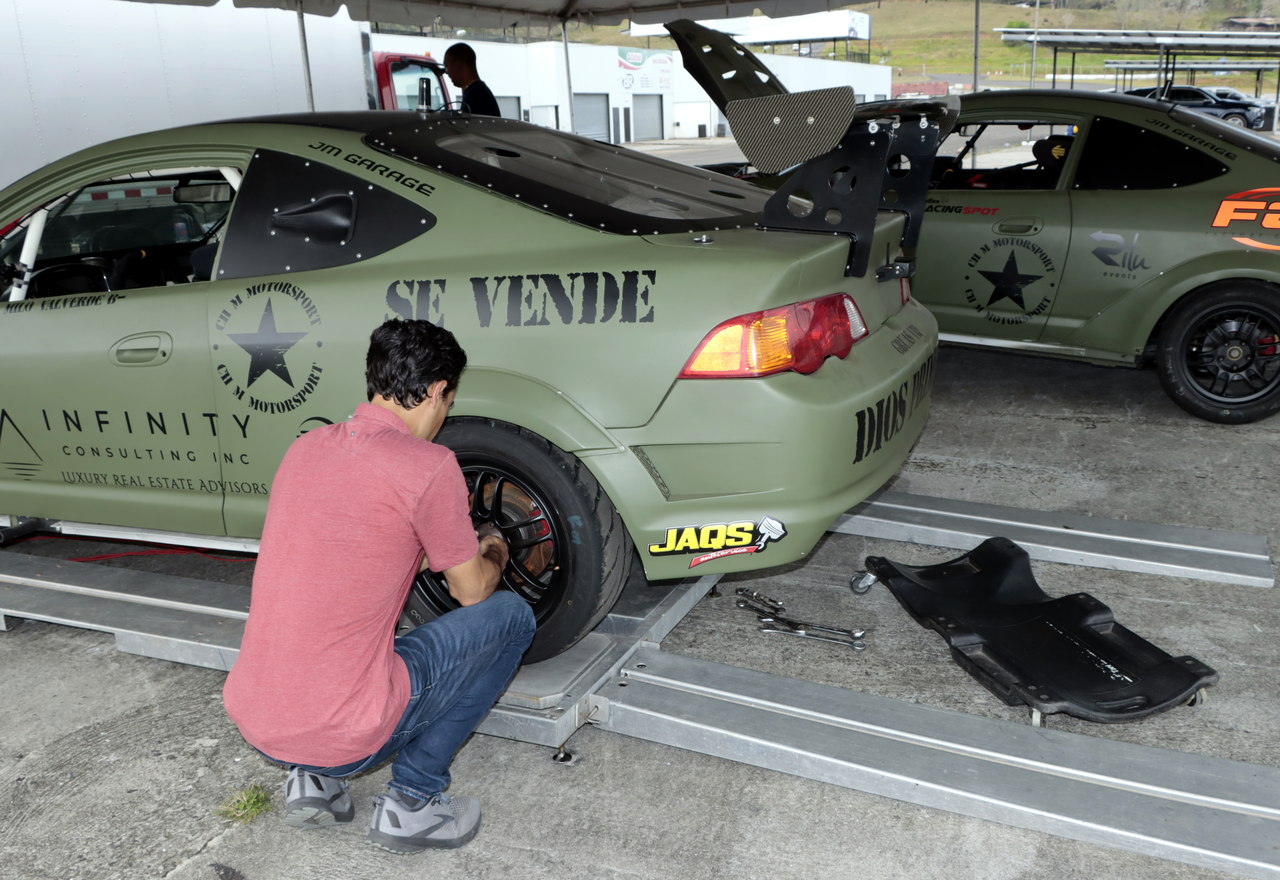Motorsport is not for everyone. Being on a race track and driving a car at high speeds is for passionate and brave, characteristics present in drivers Anthony Rocker (national pilot of the National tourism category) i Emilio “Milo” Valverde (regional multiple champion, international pilot from Costa Rica). Both experienced speed in Autodromo Internacional de Panamá, known as Circuito Internacional de Panamáit’s situated in La Chorrera, Western Panama, a place created to fulfill the dream of all lovers to be able to practice, enjoy and improve in motor sports.
Although the site and the sport have gained popularity, little is known, especially about the pilots, those who light up the tracks to offer a show to visitors and be the best in their category, for this reason Roquer (AR) and Valverde (EM) published some details.
Q. Can someone you like be a race car driver?
AR. Being a pilot at the professional level is indeed a career that involves a lot of preparation and sacrifice from an early age. Constant practice and commitment to reach the necessary level at which it is possible to sign a contract with a team of a professional category and thereby receive compensation; but here, that level of motorsport does not exist, and on the track you are mainly driven by passion and competitive spirit.
And of course it can be developed; practice makes perfect, but while that’s true, there are people who are born with a talent for it and just have to hone it, while others have to work a lot harder at it.
Ev. Yes, it could be considered a race, just like any other sport.
Q. What qualities should a pilot have?
AR. The driver must have a strong competitive spirit, the ability to read what is happening on the track during the race and know how to take advantage of opportunities that, like in life, only come once or at most twice, and if you don’t take them, you will lose them.. He must be ambitious. , but at the same time patient, know how to take care of the car he drives and know his limits (car and driver are a very sensitive dumbbell and if they don’t fit with each other in really competitive conditions they will lose). Being in good physical condition and above all cardio are of utmost importance, because in the cabin with safety equipment (helmet, balaclava, suit, gloves, Nomex shoes, etc.) the temperature can become suffocating! These are sauna temperatures for the duration of the race, 30 minutes or more, to which is added the physical activity of driving the car to its limits, with no assistance to facilitate the work. Hydration is the problem of the athlete himself and should not be taken lightly.
Ev. There are many things, but mainly you have to know how to get the most out of the car and the track, while driving at the limit you have to be able to understand what you can improve as a driver and also the car that needs to be faster every day.
Q. What do you dislike about driving a car?
AR. The only thing I don’t like about the driver is how expensive the sport is and the occasional collisions with other drivers on the track, which in most cases are racing incidents, others can be interpreted as malicious and very unpleasant.
Antonio Roquer in the international circuit of Panama.
Ev. Make it very expensive.
Q. Off the track, in normal life, are you always behind the wheel on outings with friends or family?
AR. Yes, in all my social circles I always stay behind the wheel wherever we go.
Ev. Yes, I practically always drive, I don’t feel comfortable as a passenger.
Emilio Valverde.
Q. What do car drivers do for a living?
AR. Well, professional drivers in big teams earn a salary, at the national (Panama) level we are all amateurs and live from trade and other professions, only in our free time can we afford to be behind the wheel.
Ev. In the area it is practically impossible to make a living as a car driver, we all have to have a job besides that, in my case I have a parts and spare parts shop for racing cars.
Q. Can a pilot make a living devoting himself to this activity alone?
AR. In our country, it is not possible to ensure a quality life and have a family that depends only on driving racing cars; in other countries with more automotive culture and established professional motor sports, of course yes.
Ev. I find it very difficult, you can make a living doing things related to skills, but not just driving.
Q. Have you ever come close to crashing into a car because of speed?
AR. Yes, but thank God nothing unfortunate happened, neither physically nor financially.
Ev. In competition, of course, we usually look for places where we can be faster, to find those limits you have to take risks.
Q. Is the cliché that pilots are surrounded by women true?
AR. Well, unfortunately for me that is not reality hahahaha… I think it will all depend on each person’s personality and what they are looking for in their personal life. I think I’m a special case who prefers to have only one girl that I give my full attention to.
Ev. Hahahahaha, it could be, but you’d have to ask my wife.
Q. Have you felt the urge to accelerate and reach high speeds during your daily car driving?
AR. Whenever you drive a sports car and find yourself in gaps, the desire to go faster can and will arise, but at some point in your life you realize that the risk is not worth those seconds of adrenaline, and I’m not talking about the risk of an accident, I mean the risk of of injuring an innocent third person due to the carelessness of wanting to run in a place not intended for that purpose, for that we have a track where the conditions are ideal and we can really squeeze 100% That desire.
Ev. In everyday driving on the street, racing drivers must set an example that only on tracks with the necessary safety can a race be driven.
Q. How expensive is it to be a pilot?
AR. Well, being a pilot is expensive in every way, from the protective clothing, to the car, its consumables, maintenance and development. I don’t want to go into numbers, because like everything there are levels and everyone pays what they can (economy), but to be the best will always require excellent financial support, which often limits performance and does not necessarily honor the talent of each pilot.
Ev. It depends a lot on what you want to achieve, someone new should start in the smallest categories, which are usually the cheapest, and go from there little by little, hopefully with the support of sponsors, if you have the opportunities and good results are achieved, it is possible to do it.
Q. What is the maximum speed that drivers can usually drive? Does it depend on the track? An example in the international circuit.
AR. Yes, the top speed will always depend on the track and of course the car being driven; However, in a circuit, the final speed is not everything, the average speed is more important, because braking, turning and exiting the flat are usually more important in the time of returning to the track.
For CIP touring cars, they typically reach speeds in the 200+ km/h range on the main straight, and the fastest corners on the track are driven at speeds in excess of 140 km/h.
Higher category cars like the GT1 will easily be able to exceed 250 km/h on the flat; In the end, it will all depend on the car’s setup.
Ev. It depends a lot on the track and the car, in my case the fastest I did was 310 km/h at Daytona in the USA in a Ferrari 358 GT3, at the Panama International Circuit in a GT1 that has more power than the Ferrari, the fastest I got there was 245 km/h, but it’s a much shorter straight.
Q. Why did you want to be a pilot?
AR. Well, my dad took me to the track to watch races from a young age, he was always passionate about cars and I grew up surrounded by that environment, where I fell in love with the sport. When I turned 18, I was allowed to run for the first time (before it was not easy to be a minor) and from the first moment on the track, from that first pass, I always thought about gas, speed and reaching the top.
Ev. My father was a race car driver and preparer, I’ve been watching this since I was born and I’ve always loved it too much, I’ve been racing for 25 years and I still love it like the first day.
Source: Panama America
I’m Emma Jack, a news website author at 24 News Reporters. I have been in the industry for over five years and it has been an incredible journey so far. I specialize in sports reporting and am highly knowledgeable about the latest trends and developments in this field.


